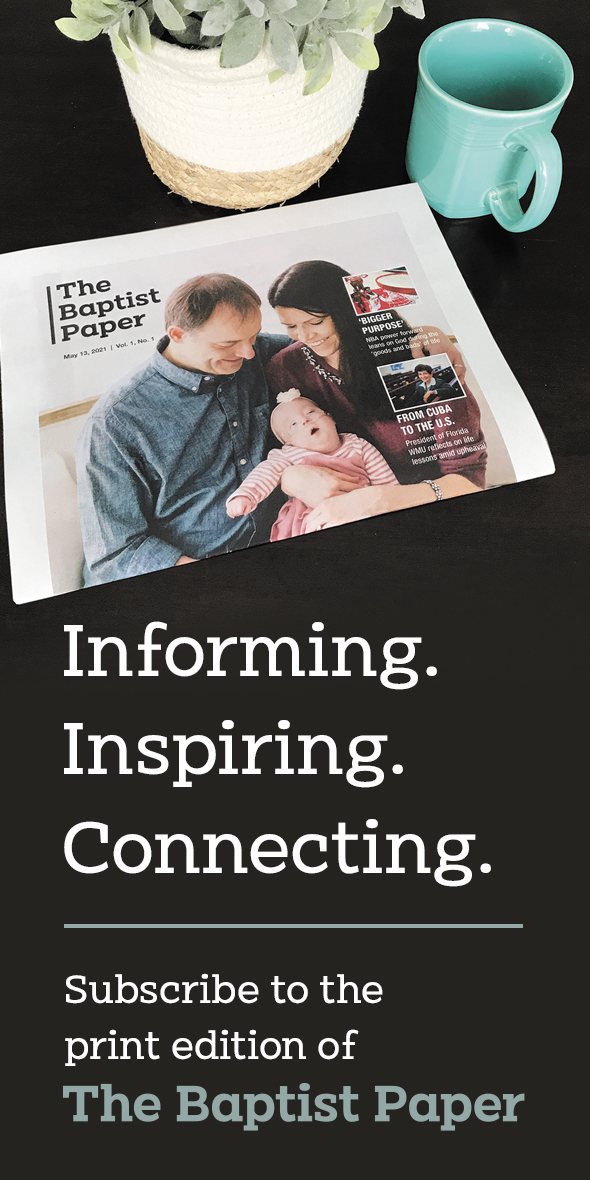SERVING IN CHRIST
Ephesians 4:1–7, 11–16
One talent I will never be able to employ personally is the ability to sing or play a musical instrument. The irony is that I love many types of music and appreciate those who are gifted in songwriting and instrumentalism. It should be noted that just because I do not have a great singing voice does not mean I will not sing.
My wife has to distance herself from me on Sunday mornings in the pew so she can enjoy the songs and not allow me to ruin them for her. Is it not amazing, though, how even if you have no musical abilities, you still have the ear to know when someone or something is off key? It simply stands out and may even cause a grimace from others.
This truth can also be applied to our roles and responsibilities in our ministries and service in the local church.
The majority of the membership may be striving and working in harmony, but one antagonist can hinder the efforts of others. When the individual members do not use their gifts for the glory of God or attempt to serve where they are not called, there will always be negative consequences.
God makes us one but equips us with various gifts for His use. (1–7)
The Scriptures are filled with miracles. One supernatural work of God is the unity of the Church.
When Christ called His first disciples, He brought together a wide array of characters. Fishermen, a tax collector, a physician and a Zealot are among the earliest followers of Jesus. The crucial balance each church must foster is unity without uniformity. One of the uniquely beautiful aspects of the Church is its diversity.
In this amazing mosaic, God calls, equips and utilizes various people with an assortment of gifts and talents to accomplish His purposes. Where there is conflict, you will also find each person’s gifts and talents not being used properly or appreciated.
God uses others to equip us in ministry. (11–13)
It may surprise you to know this, but there is not one member in a church more important than any other. The pastor is not in a position of authority over anyone, and the deacons should not be the board of directors or overseers of the administrative aspects of the church.
When we confuse positions with power, we are setting ourselves up to fail. Some roles in the Church may be more visible than others, but that does not mean they are more important than others. Don’t believe me? Go a week or two without someone cleaning the restrooms at your church or having no one to teach the children during Sunday School.
You will quickly see how important each person is in church membership. It should be our pleasure to use our gifts to strengthen the Church and encourage others to do the same.
We are to use the gifts God has given us to minister alongside others. (14–16)
In one of Paul’s most repeated themes, he challenges the Church to be on guard against false doctrine. It is much easier to combat false doctrine when the body of believers is working together in cooperation and mutual concern for the welfare of each other.
By Bobby McKay
Pastor of New Liberty Baptist Church in Morton, Mississippi










